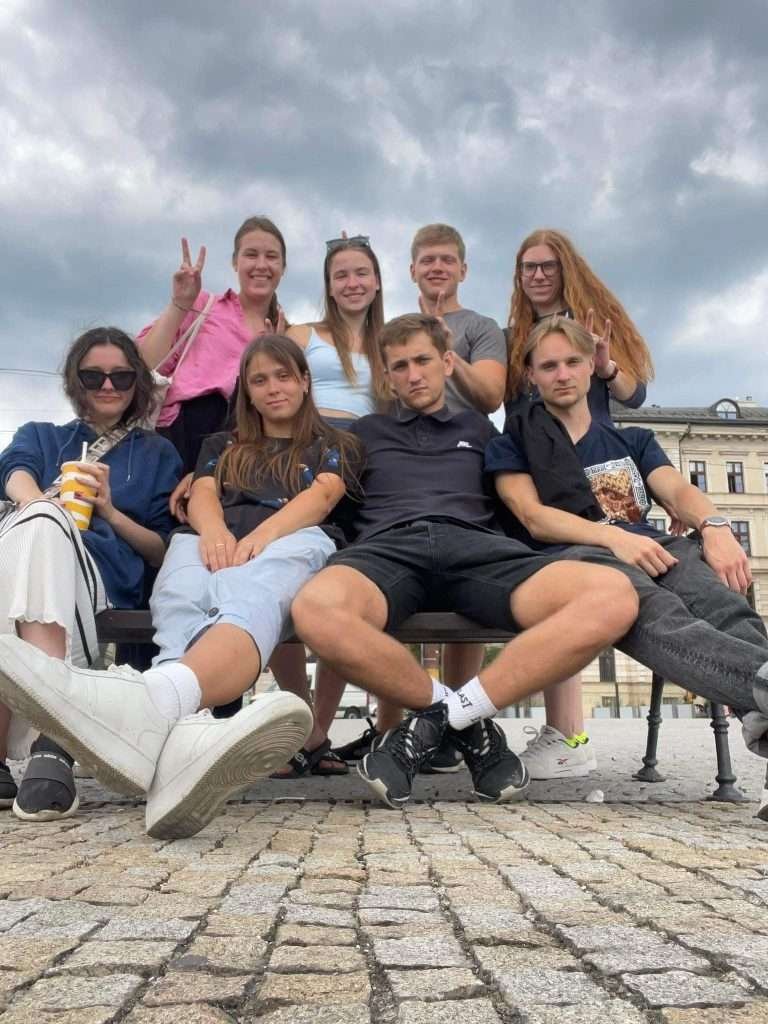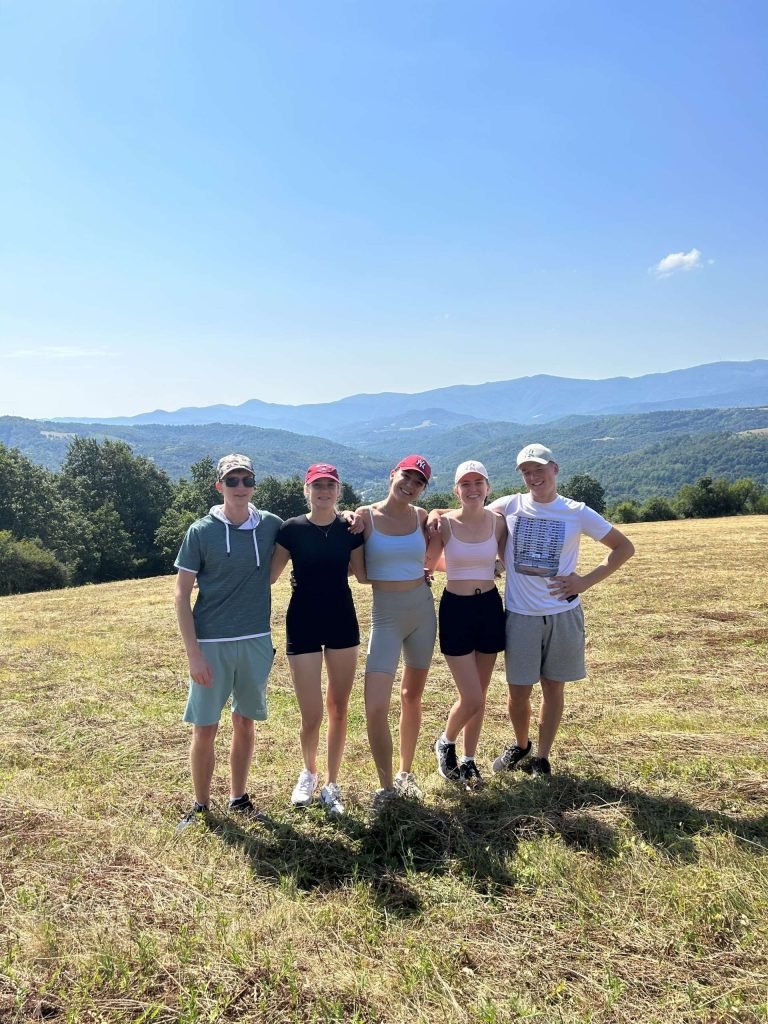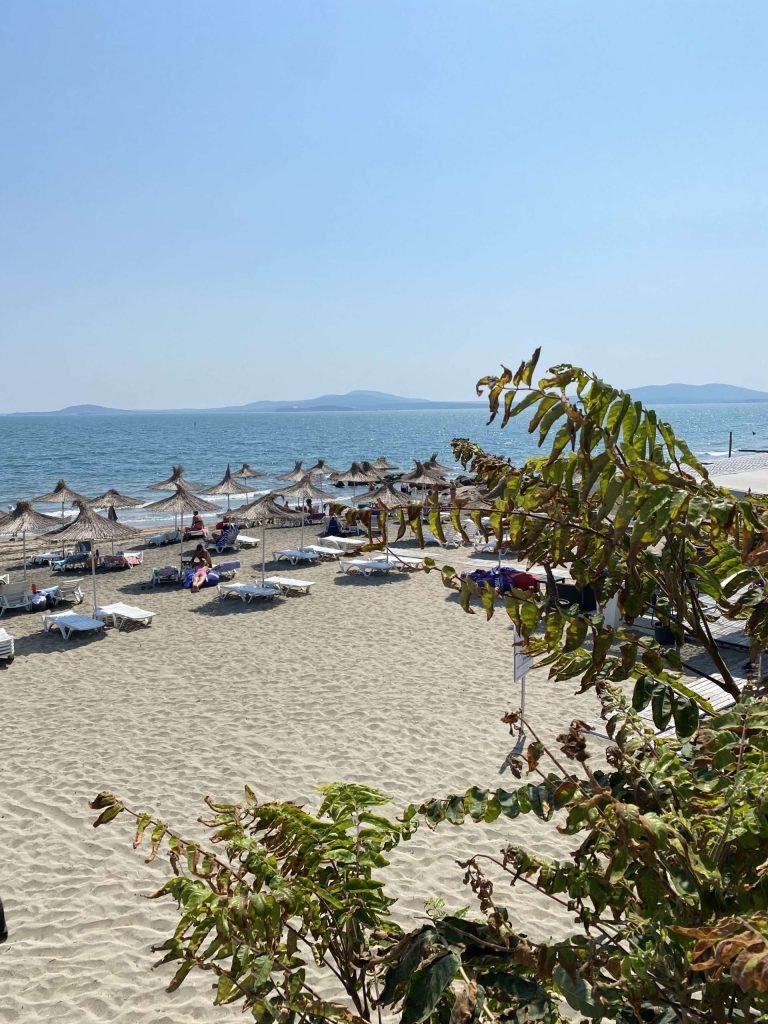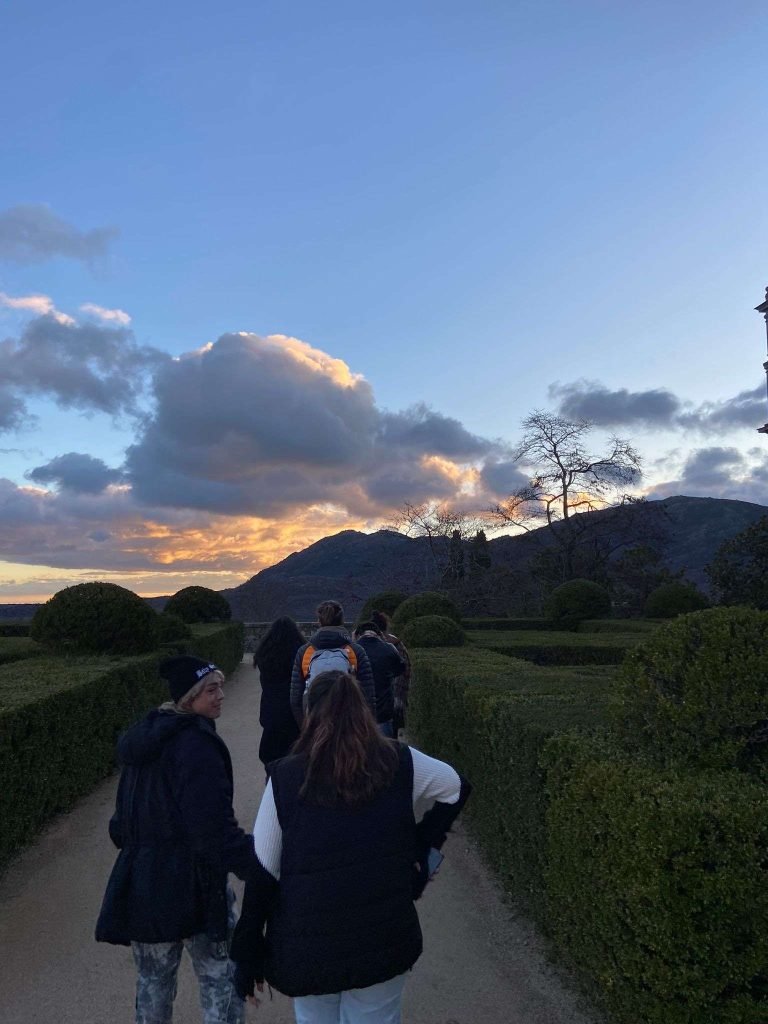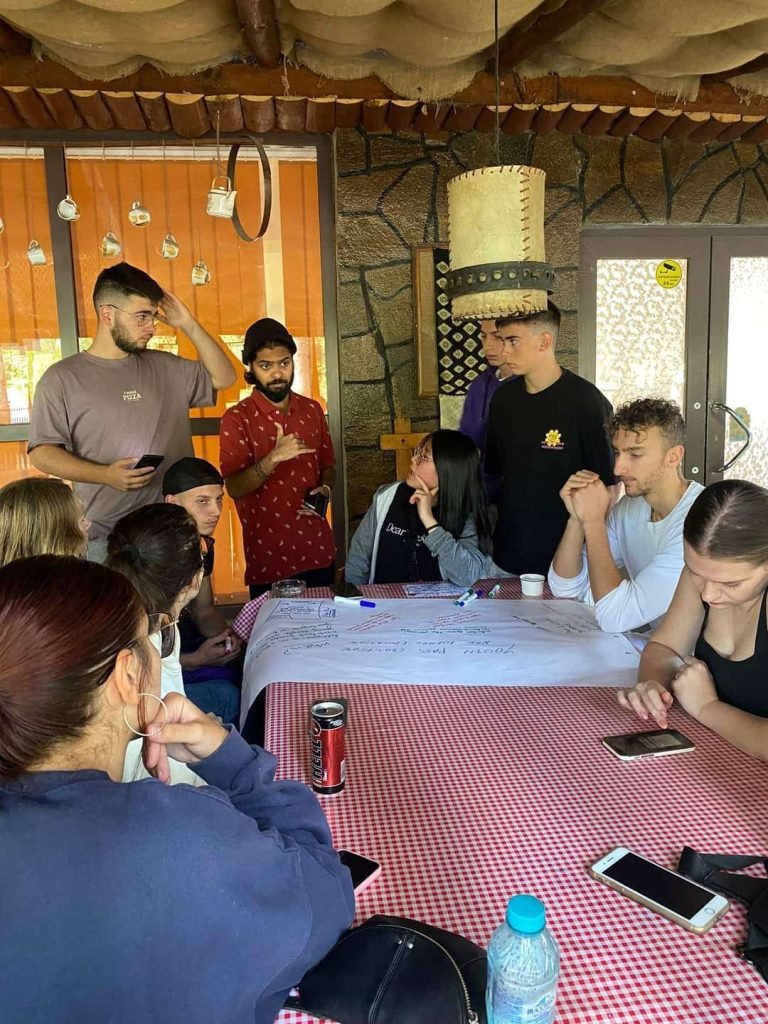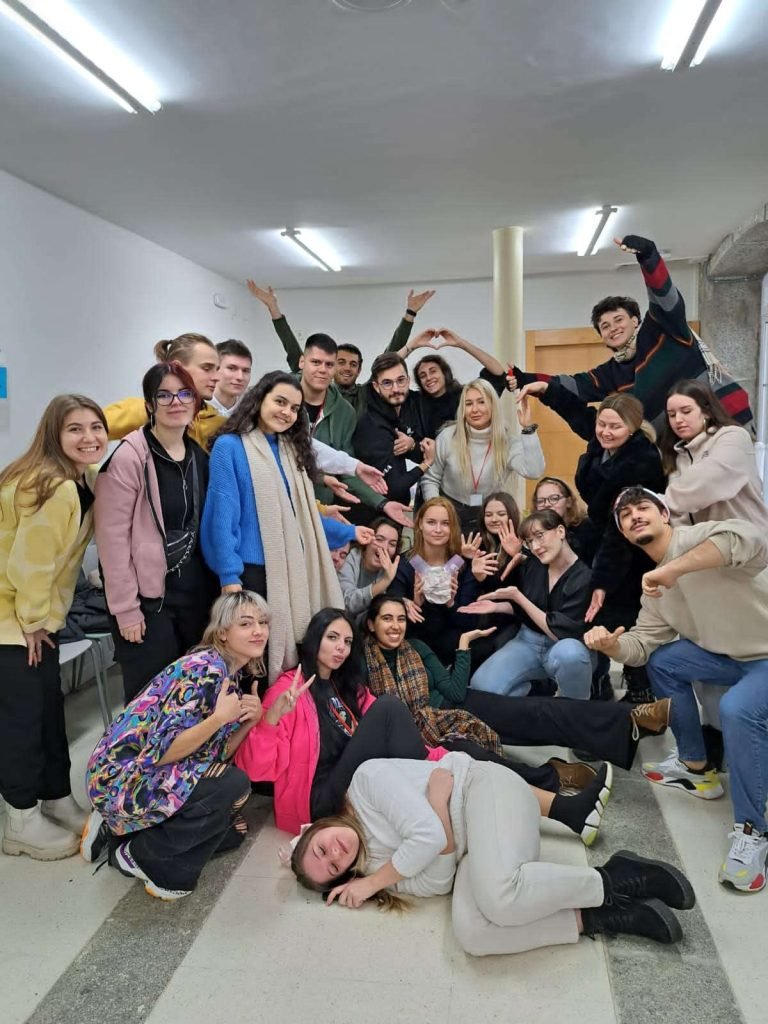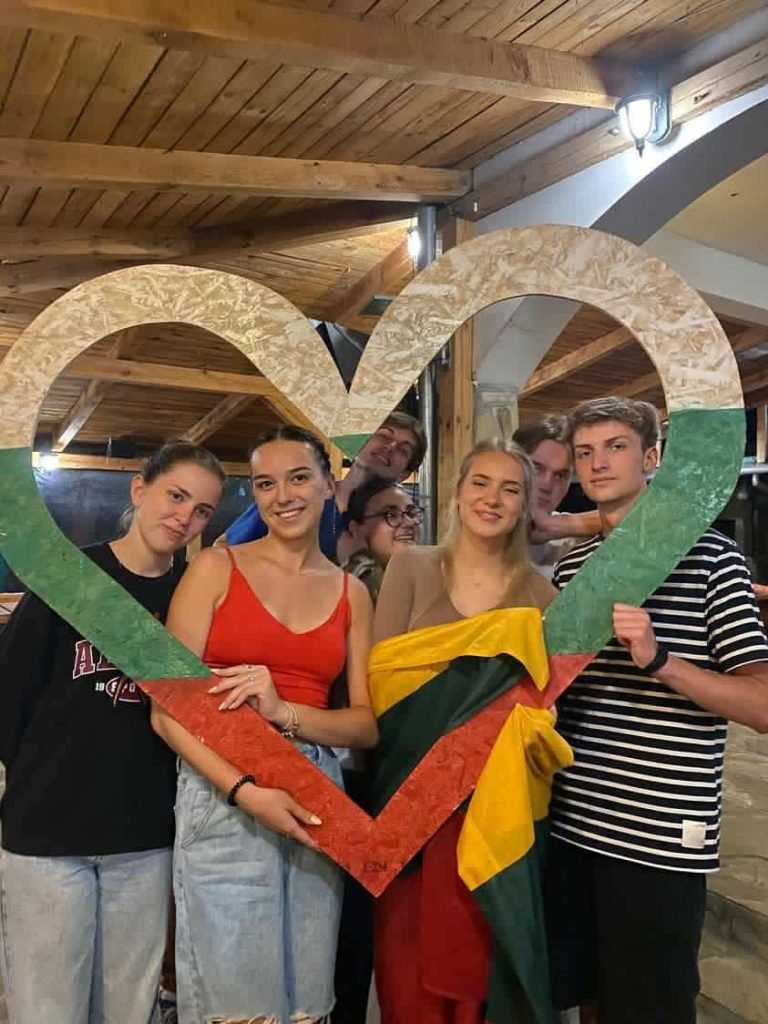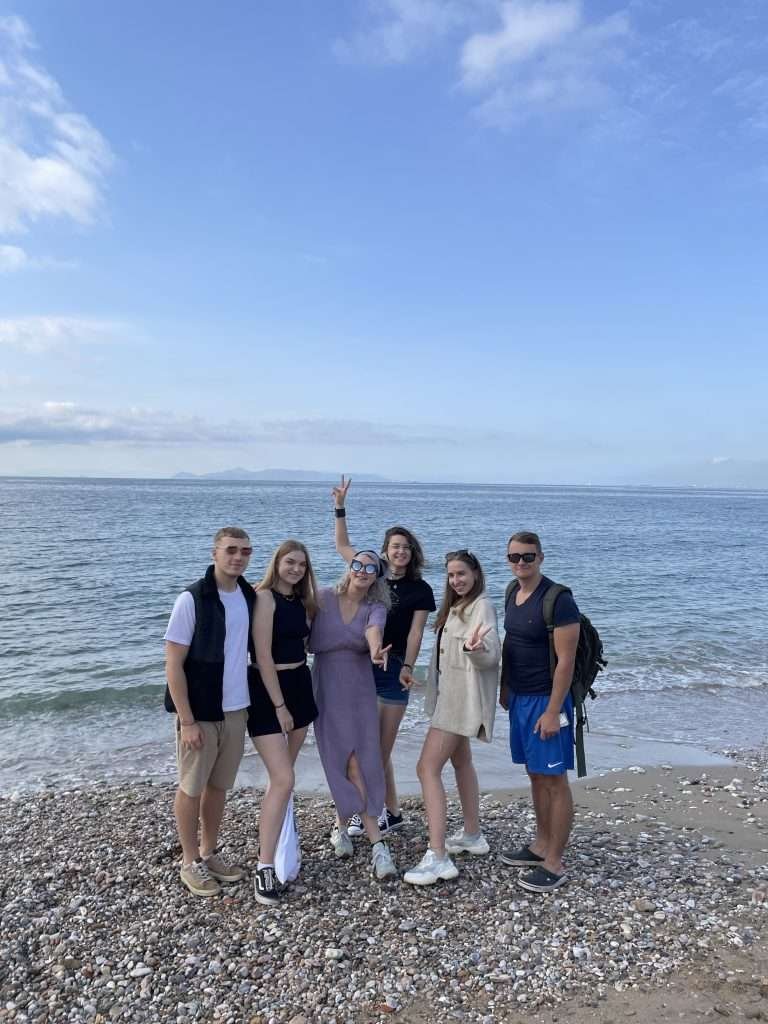Hey there!
Thanks for applying! We’ll get back to you within 14 days to let you know if you’ve been selected. But hey, why wait? Life’s full of opportunities — check out other projects below and boost your chances!
Explore cultures with Erasmus+ projects! Engaging in Erasmus+ youth projects has many purposes: for example, broadening horizons, developing new skills, enhancing socialization between young people of different ages, and fostering understanding between different cultures from different European countries.
Participants dive into various topics: democracy, tolerance, inclusion, digital work, equality, solidarity, mental health, young people’s problems, active citizenship, and sustainable development through active learning methods and non-formal education. If you participate in Erasmus+ projects you will learn and also improve your English skills, while Erasmus+ covers all travel, accommodation, and meals. At the end of the project, you will receive awards: a Youthpass Certificate for European recognition. Join the vibrant and active community of international youth projects and embrace new experiences with Erasmus+!
Curious or uncertain? Explore the questions posed by past participants in youth exchange projects.
The duration of each youth exchange or training course varies, typically ranging from a few days to two weeks. Each project encompasses distinct paces, objectives, methodologies, and results. Experiencing at least one Erasmus youth project firsthand is essential for gaining a comprehensive understanding of their dynamics and benefits.
Accommodation and meals are usually provided during the youth exchange or training course. The only expense you might incur during your mobility is for transportation. However, fret not, as these costs are reimbursed upon completion of the project.
Prepare for an enriching blend of fun and educational activities! Throughout the project, you’ll engage in workshops, seminars, and immersive learning experiences centered around the chosen topic. Additionally, don’t miss out on the cultural evening, a fantastic opportunity to exchange experiences and traditions with fellow participants. For a comprehensive schedule, refer to the infopack or contact the organizers for detailed agenda information.
At the youth exchange in Tryavna, Bulgaria, I learned valuable information about employment, leadership; I was inspired to aim for more! We wrote our CVs, motivational letters, and worked on our projects. Of course, it wasn’t just about that, but also the connection I felt with other people, especially the Lithuanian team! This connection was special to me. Other project participants also left a good impression – all very cheerful and kind people; whenever we found a rare free minute, we spent it by the pool, laughing and having fun. After the project, the 5 of us Lithuanians spent another day at the Bulgarian seaside, in the city of Burgas; we felt like old familiar and close friends on vacation. I’m also excited about the experience gained from traveling; it will certainly help in the future. I think we mastered all routes: by plane, by bus, even by train (though it was a bit scary). Erasmus+ is a force!! Vilte, Bulgaria
This summer my Lithuanian team and I had the chance to participate in an Erasmus+ project called “Mastering the art of training: training for trainers in non-formal education” in Samobor, Croatia. Over the span of 9 days, we were taken through the steps, methods, and practices of being a good trainer and facilitator. The project itself was an intense 9-day training with the goal of providing participants with expert guidance to develop essential skills for facilitating non-formal educational activities. In short, we were taught how to be trainers for youth-related activities. There were team building activities, role playing, discussions, and dialogues. This made the participants more involved in the presented topics and fostered the spirit of facilitation. In addition to this, during our free time, some participants organized their own workshops. These included a drawing workshop, meditation and breathing exercises, a Turkish alphabet lesson, and a creative writing lesson. Finally, at the end of the training, every participant had a chance to organize their own training session, putting the skills we learned during these 9 days to use. That’s when the participants really showed what they were capable of, with the topics of these sessions spanning from disabilities to the power of choice – Vidas, Croatia

